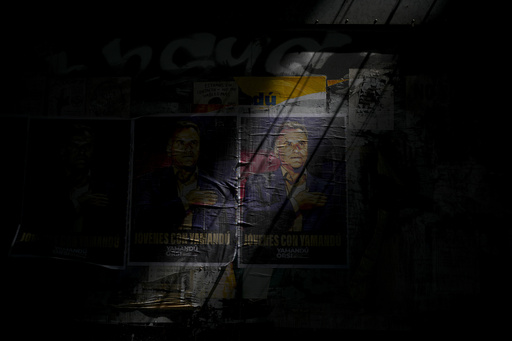The Broad Front, under Orsi’s leadership, garnered 44% of the votes in the initial round held on October 27, while Delgado’s National Party managed 27%. However, the inclusion of other conservative groups—particularly the Colorado Party, which collectively captured 20%—gives Delgado a strategic advantage in this runoff. The voting outcome has led to an evenly split Congress.
Polling data indicates a near tie between the two candidates, with approximately 10% of the electorate remaining undecided as the election approaches. The lack of clear differentiation between the two candidates’ platforms, along with their subdued campaigning, has contributed to a notable level of voter indecision and apathy. Discussions have primarily centered around issues such as taxes and social spending instead of the passionate anti-establishment sentiments seen in other countries.
“In Uruguay, the debate over the Broad Front’s taxation policies does not carry the same weight as the existential threats to democracy seen in U.S. politics,” said Nicolás Saldías, a senior analyst with the Economist Intelligence Unit.
Both candidates are also addressing growing concerns related to violent crime, which has escalated in a nation traditionally viewed as one of the safest in the region. Delgado, 55, a veterinarian with a longstanding affiliation to the National Party, is framing his campaign as a continuation of President Lacalle Pou’s policies, which he believes have benefitted the country. His campaign slogan, “re-elect a good government,” emphasizes this point.
Despite facing some corruption allegations last year, President Lacalle Pou, who is not eligible for consecutive terms, enjoys high approval ratings and presides over an economy forecasted to grow by 3.2% this year, as per the International Monetary Fund. Delgado, previously the Secretary of the Presidency, intends to sustain his predecessor’s supportive stance toward business and is keen to advance a potential trade agreement with China, despite concerns raised by fellow members of Mercosur, the regional trade bloc.
Orsi, 57, a former history teacher and mayor, is viewed as a continuation of the legacy left by former President José “Pepe” Mujica, who served from 2010 to 2015. Mujica, known for his progressive policies that positioned Uruguay as a socially liberal and environmentally conscious nation, endorsed Orsi by emphasizing his working-class roots in a recent campaign ad.
Advocating for a “new left” in Uruguay, Orsi has proposed tax incentives to attract investments and plans to implement policies aimed at bolstering the agricultural sector, which is vital to Uruguay’s economy. He has also suggested reforms in social security that would lower the retirement age but stop short of sweeping revisions that labor unions have been pushing.
A recent referendum to increase pension payouts was unsuccessful, signaling a preference among voters for fiscal responsibility over more generous pension plans.
“This election is showing a level of normalcy that’s uncommon, reflecting Uruguay’s robust democratic framework,” Saldías noted.


